hello.
i’m an introvert who… craves human connection, not too much, but just enough. not from anyone, but from special someones. externally quiet, but internally loud. craves deep conversation, loathes small talk.
there are moments throughout my day- a walk through central park, an evening spent in the new york public library, my morning commute buried in a book with my headphones on, a solo dinner, taking myself to the bookstore, and the list goes on, when life stands still. and even though i’m surrounded by people, it doesn’t feel invasive. i’m overwhelmed with a sense of comfort within my solitude that makes me feel less alone.
i recently read olivia laing’s book the lonely city. the story takes an introspective look at loneliness set against the backdrop of new york. part memoir, part cultural critique, it weaves laing’s personal experiences with the lives and works of artists like edward hopper and david wojnarowicz, whose art grapples with themes of isolation. through sharp observation and emotional honesty, this book explores how urban loneliness can feel both oppressive and strangely connective, as well as how art becomes a language for understanding solitude. it’s thoughtful, deeply human, and surprisingly comforting.
when i moved to new york city several years ago, something clicked for me and for the first time in my life, i felt what home was supposed to feel like.
lonely, but not alone.
loneliness is paradox of proximity- pressed against strangers on the subway, hearing the music escape from your neighbor’s earbuds, and watching lovers intertwined on street corners. cities are meant to be the connective tissue, networks of possibility and exchange, but increasingly they feel like monuments to isolation. we walk past one another, heads bowed to screens, mapping routes to nowhere. loneliness here isn’t just an absence, but rather, a presence, heavy and electric, vibrating in the air between us.
this isn’t just personal—it’s structural. we’re living in the middle of a loneliness epidemic fueled by systems that commodify connection while starving us of the real thing. the platforms we’re addicted to offer the illusion of intimacy, curated glimpses into lives we’ll never touch, but they only deepen the ache. the work culture encourages grind over community, leaving us depleted and untethered. loneliness isn’t a character flaw; it’s a design flaw in a society that values efficiency over care, spectacle over substance.
loneliness is proof of our longing
proof that we still crave one another- longing to belong to something bigger than ourselves.
this article from vox, for example, is a thoughtful critique of the loneliness epidemic, urging us to look beyond the comforting haze of nostalgia and instead invest in building tangible, present-day connections. it’s relevant because it challenges the instinct to retreat into the past— something i do quite frequently because this is a reaction that feels especially tempting in a world increasingly fractured by technology and individualism. the piece offers a grounded perspective on how shared experiences can foster genuine belonging. it’s a reminder that while nostalgia soothes, it’s action and intention that truly heal.
where we go from here depends on whether we’re willing to confront the systems that keep us apart. the solution isn’t just more or less social media apps or trendy coworking spaces that pretend to foster connection but really just monetize our loneliness. it’s about reimagining how we live, work, and interact. we need to build spaces where connection isn’t transactional, where people feel seen without having to perform.
public libraries, community gardens, small local cafes—these are the kinds of places that quietly resist the loneliness machine.
they remind us that proximity can mean something if we allow it to.
but it’s also about rediscovering vulnerability. we’ve become so good at guarding ourselves, at curating personas instead of relationships, that we’ve forgotten how to truly connect. it’s uncomfortable, but it’s necessary: reaching out, risking rejection, allowing ourselves to be known. the antidote to loneliness isn’t just company; it’s intimacy. and maybe that starts small—lingering in a conversation, joining a local group, asking your neighbor how they’re doing and meaning it. the path forward isn’t a grand solution; it’s a thousand small, deliberate acts of connection, each one a quiet rebellion against the isolation we’ve grown too used to.
the new york times article, why is the loneliness epidemic so hard to cure? discusses the complexities of america’s loneliness epidemic, unpacking why it resists easy solutions. it’s an essential read for its exploration of how technology, while sometimes helpful, often deepens isolation, and why true connection requires more than surface-level fixes. by emphasizing community engagement and meaningful relationships, it reminds us that tackling loneliness demands intentionality and care at every level.
in a world that often feels fragmented, finding ways to bridge that isolation is one of the most urgent and human challenges of our time. the next time you build up the courage to put yourself out there, remind yourself that loneliness is a universal experience. your company, your voice, and your presence deserve to be experienced, too.
and in true milk fed fashion, some books and films that encapsulate loneliness and longing…
books recommendations:
the hour of the star by clarice lispector
a slim, devastating novel about a poor, unremarkable young woman in rio, written with lispector’s signature blend of raw emotion and philosophical inquiry into existence.
a breath of life by clarice lispector
a dialogue between a writer and her creation, this book is a profound meditation on existence and solitude, where even self-expression feels isolating.
written on the body by jeanette winterson
an achingly beautiful meditation on love, loss, and desire, told by a genderless narrator. the book captures the loneliness that comes with loving someone deeply and the pain of longing.
letters to a young poet by rainer maria rilke
a classic series of letters offering advice on creativity, solitude, and embracing the inner life. rilke’s reflections on the necessity of loneliness are timeless.
to the lighthouse by virginia woolf
an intimate portrait of a family and their fragmented connections over time, woolf masterfully captures the quiet, existential loneliness that can exist even among loved ones.
giovanni’s room by james baldwin
a tender yet tragic exploration of identity, forbidden love, and the isolation that comes from denying one’s true self.
no longer human by osamu dazai
a raw, semi-autobiographical exploration of alienation and despair, following a man who feels disconnected from society and himself.
crime and punishment by fyodor dostoevsky
raskolnikov’s inner turmoil after committing murder is a harrowing study of guilt, alienation, and the loneliness of moral and spiritual estrangement.
the plague by albert camus
set in a quarantined algerian town, this existential classic uses isolation as a lens to examine the human condition, solidarity, and the absurdity of life.
never let me go by kazuo ishiguro
a hauntingly melancholic story about love, memory, and the inescapable loneliness of being human—told through the lives of clones grappling with their mortality.
meditations by marcus aurelius
written as personal reflections, this stoic philosophy classic is a quiet, introspective look at how one can find peace even when utterly alone in their thoughts.
the woman destroyed by simone de beauvoir
three novellas exploring women grappling with betrayal, aging, and isolation. beauvoir’s keen philosophical insight makes their loneliness raw and universal.
notes from underground by fyodor dostoevsky
a bitter, isolated narrator lashes out against society, embodying existential despair and the loneliness of being misunderstood.
the book of disquiet by fernando pessoa
a fragmented masterpiece of inner monologue and existential musings, portraying one man’s profound alienation and his quiet surrender to solitude.
no longer human by osamu dazai
a raw, semi-autobiographical exploration of alienation and despair, following a man who feels disconnected from society and himself.
the stranger by albert camus
mersault’s detachment from the world and the people around him culminates in a profound exploration of existential loneliness.
mrs. dalloway by virginia woolf
a day in the life of clarissa dalloway unfolds as a portrait of internal solitude, even amid the bustling backdrop of london and her social obligations.
the castle by franz kafka
kafka’s unfinished novel about a man endlessly trying to gain access to a mysterious castle. the bureaucratic absurdity mirrors a deep sense of existential isolation.
we have always lived in the castle by shirley jackson
a gothic tale of two sisters who isolate themselves from a town that despises them, exploring the darker, almost magical side of solitude.
villette by charlotte brontë
lucy snowe’s quiet, introspective journey to find herself in a foreign land is an enduring portrait of loneliness and resilience.
cinema to watch:
chungking express (1994)
a visually stunning exploration of love, heartbreak, and urban loneliness in hong kong, told through two parallel stories of fleeting connection and emotional rituals.
in the mood for love (2000)
wong kar-wai’s visually stunning exploration of unspoken love and the aching loneliness of two people unable to act on their emotions.
the dreamers (2003)
set in paris during the 1968 protests, this film explores youth, art, and the loneliness of self-discovery amidst intimacy and isolation.
the worst person in the world (2021)
a bittersweet portrait of self-discovery, following julie as she navigates love and identity, capturing the loneliness of indecision and missed opportunities.
lost in translation (2003)
sofia coppola’s masterpiece about two strangers in tokyo forming an unlikely bond, finding comfort in each other’s loneliness in an alienating world.
frances ha (2012)
a heartfelt black-and-white ode to the aimlessness of youth, following frances as she wrestles with friendship, ambition, and finding her place in the world.
cleo from 5 to 7 (1962)
a french new wave classic chronicling two hours in a woman’s life, as she wanders paris, grappling with existential dread and fleeting moments of connection.
aftersun (2022)
a tender, nostalgic reflection on a father-daughter vacation, subtly uncovering the loneliness and gaps in their bond through memory and loss.
phantom thread (2017)
a dark, elegant look at a couture designer’s obsessive loneliness, where love is as isolating as it is consuming.
her (2013)
spike jonze’s sci-fi romance about a man falling in love with an operating system, exploring the blurred lines between connection and solitude in a digital age.
the piano teacher (2001)
michael haneke’s unsettling portrayal of a repressed woman’s descent into self-destruction and obsessive desire.
amelie (2001)
while whimsical on the surface, this film beautifully captures the quiet, dreamy loneliness of a woman yearning for connection in paris.
a ghost story (2017)
david lowery’s quiet, meditative film about a ghost watching time pass, poignantly capturing the timeless loneliness of loss and longing.
paris, texas (1984)
a heartbreaking exploration of a man reconnecting with his estranged family, embodying the emotional and physical distance created by loneliness.
eternal sunshine of the spotless mind (2004)
a surreal story of erasing memories of a failed relationship, showing how these feelings of solitude linger even when love is forgotten.
okay, that’s all i have for you today. if you’re not ready to become a paid subscriber and you have the capacity to leave a tip, that would be so appreciated.
i love you.
bye.




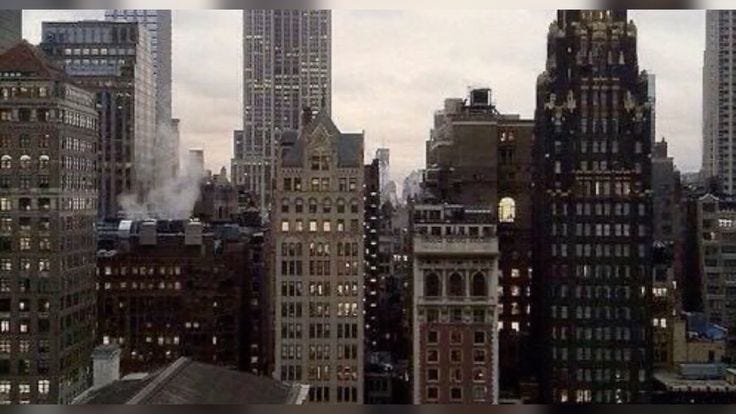
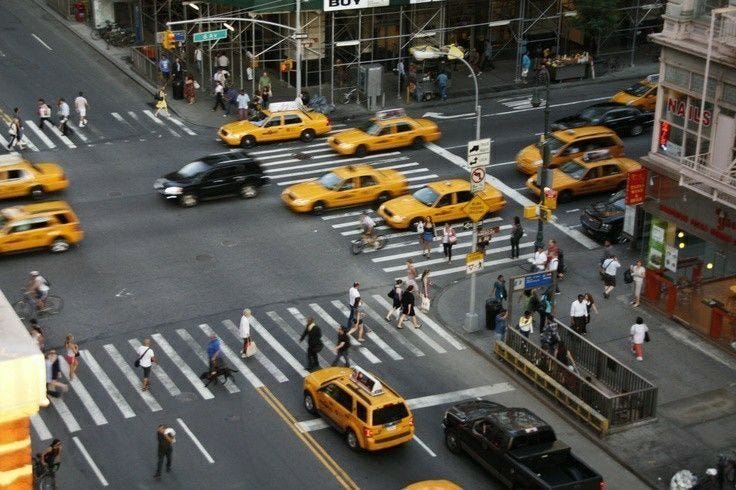

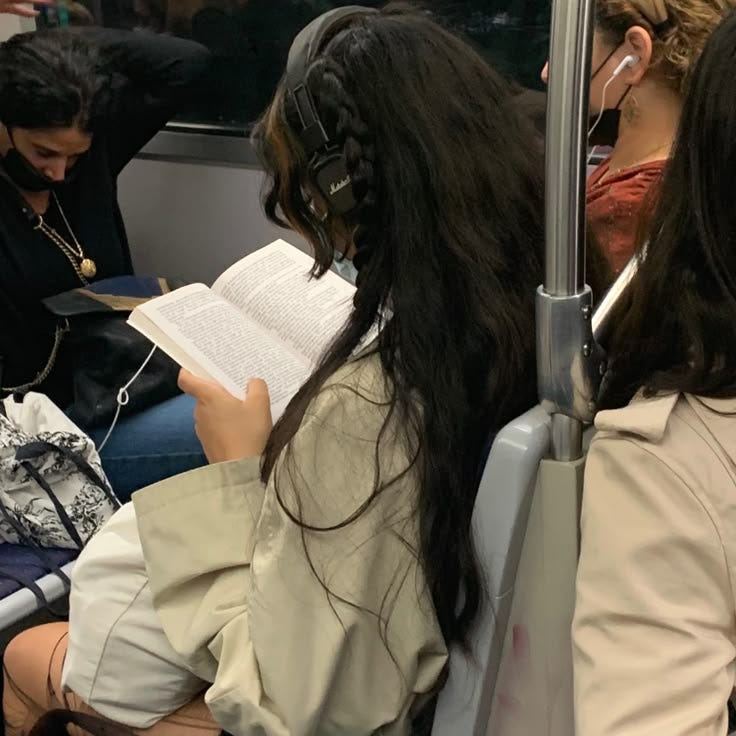
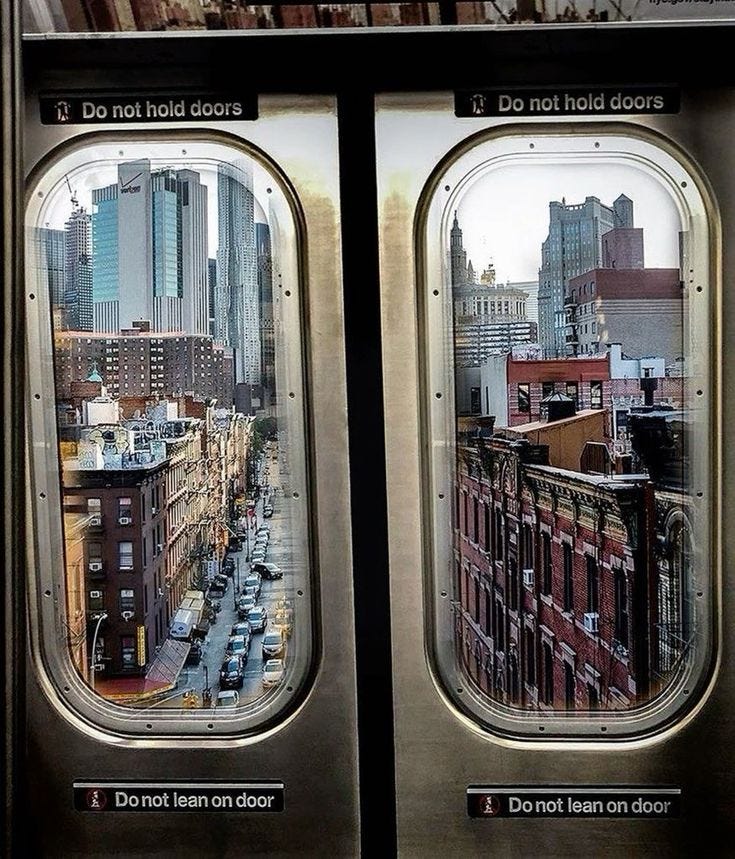
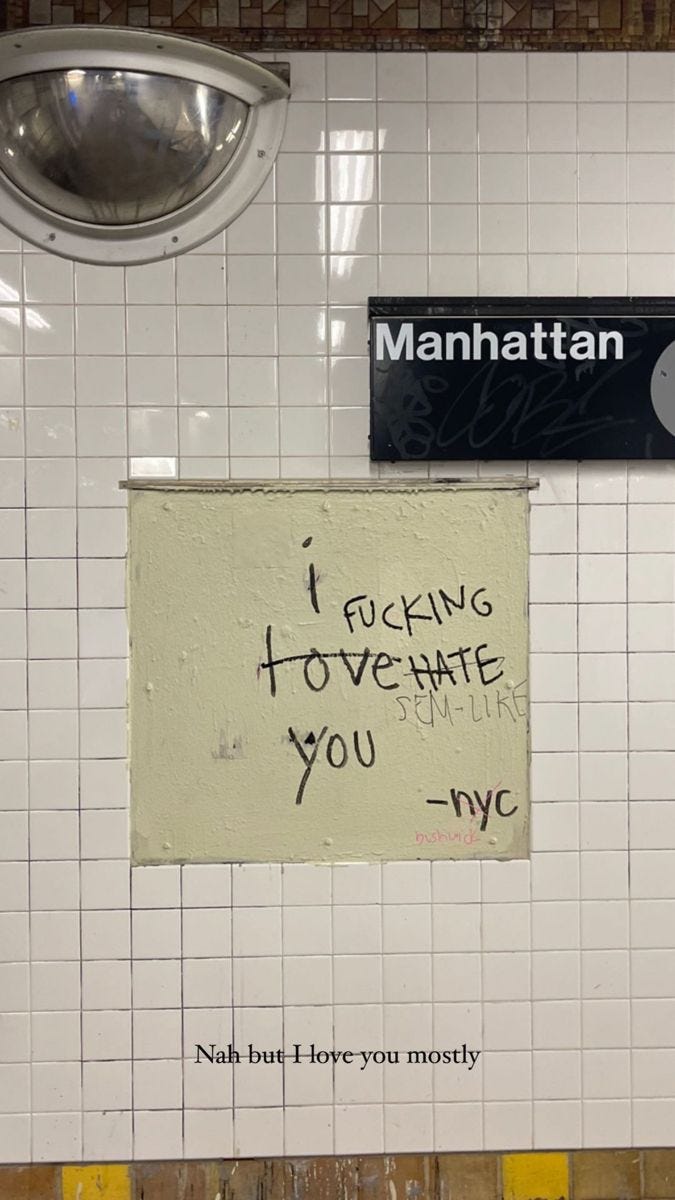
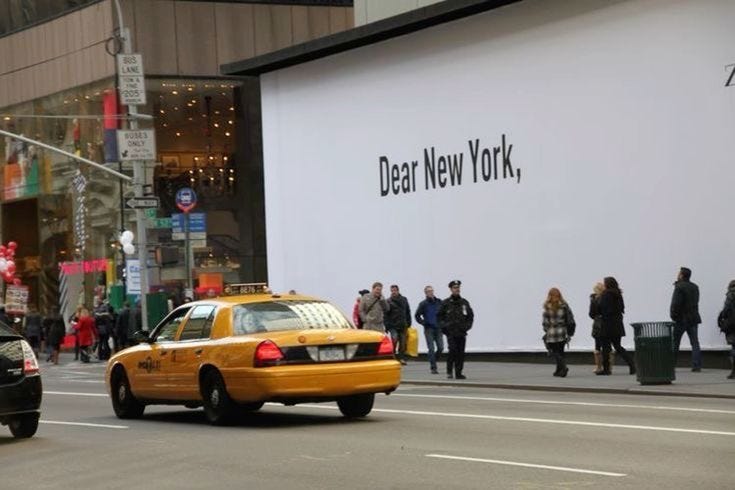
this makes me feel so seen, all applies but I’m a london girlie. beautiful ❤️
Which branches of the library do you recommend for reading in?